Sometimes, the people hurting your child aren’t enemies on the playground.
They’re the ones calling themselves friends.
The group they laugh with.
The names they mention at dinner.
The kids they can’t wait to see—until they come home with a different look in their eyes.
If your gut’s been whispering, "Something feels off..."
You’re not overreacting.
And your child isn’t “too sensitive.”
You might be witnessing the quiet cycle of
being bullied by friends
—a form of social harm that’s often misunderstood, dismissed, or minimised as “just drama.”
In this post, I’m breaking down exactly how to tell if your child’s friends are actually bullies—and what you can do about it.
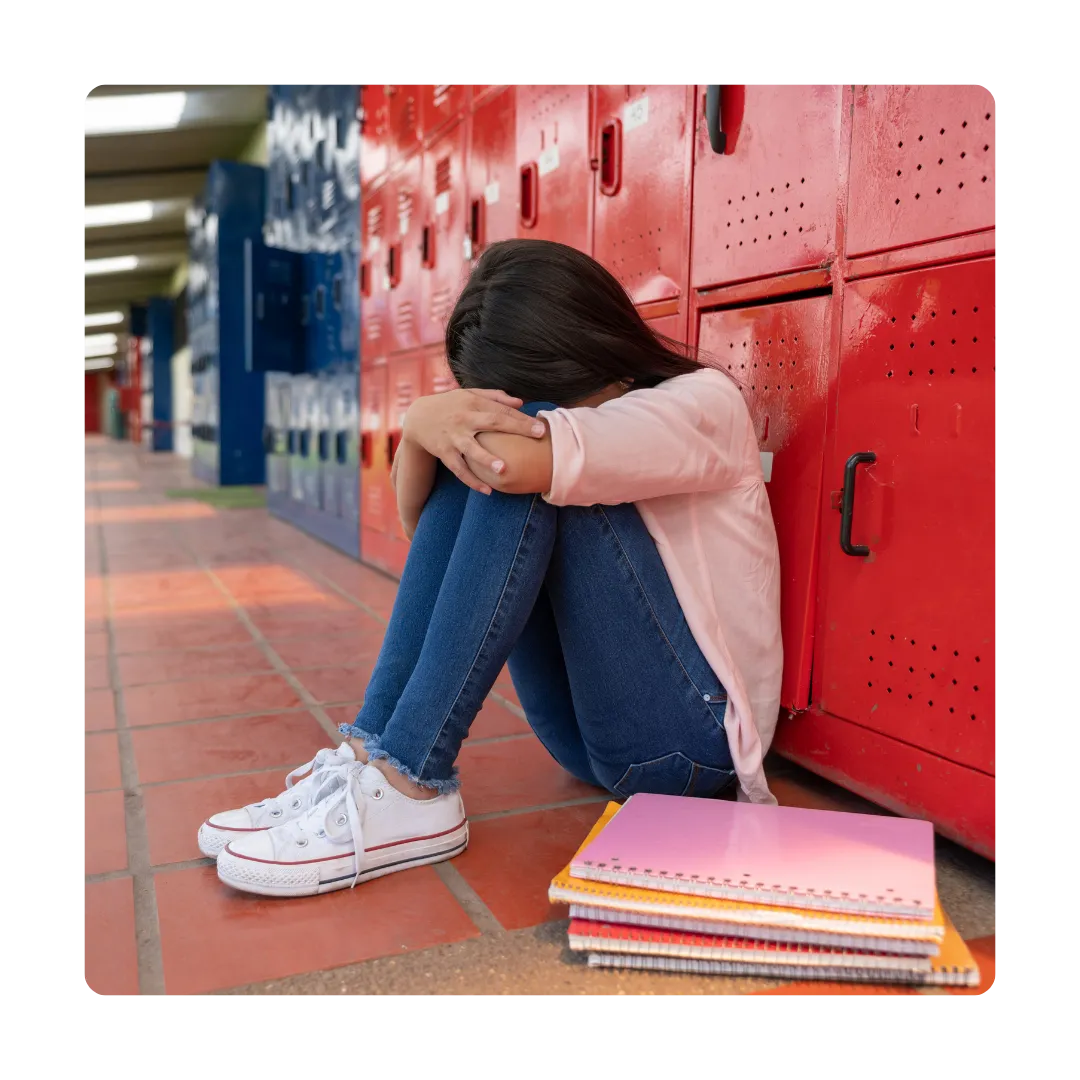
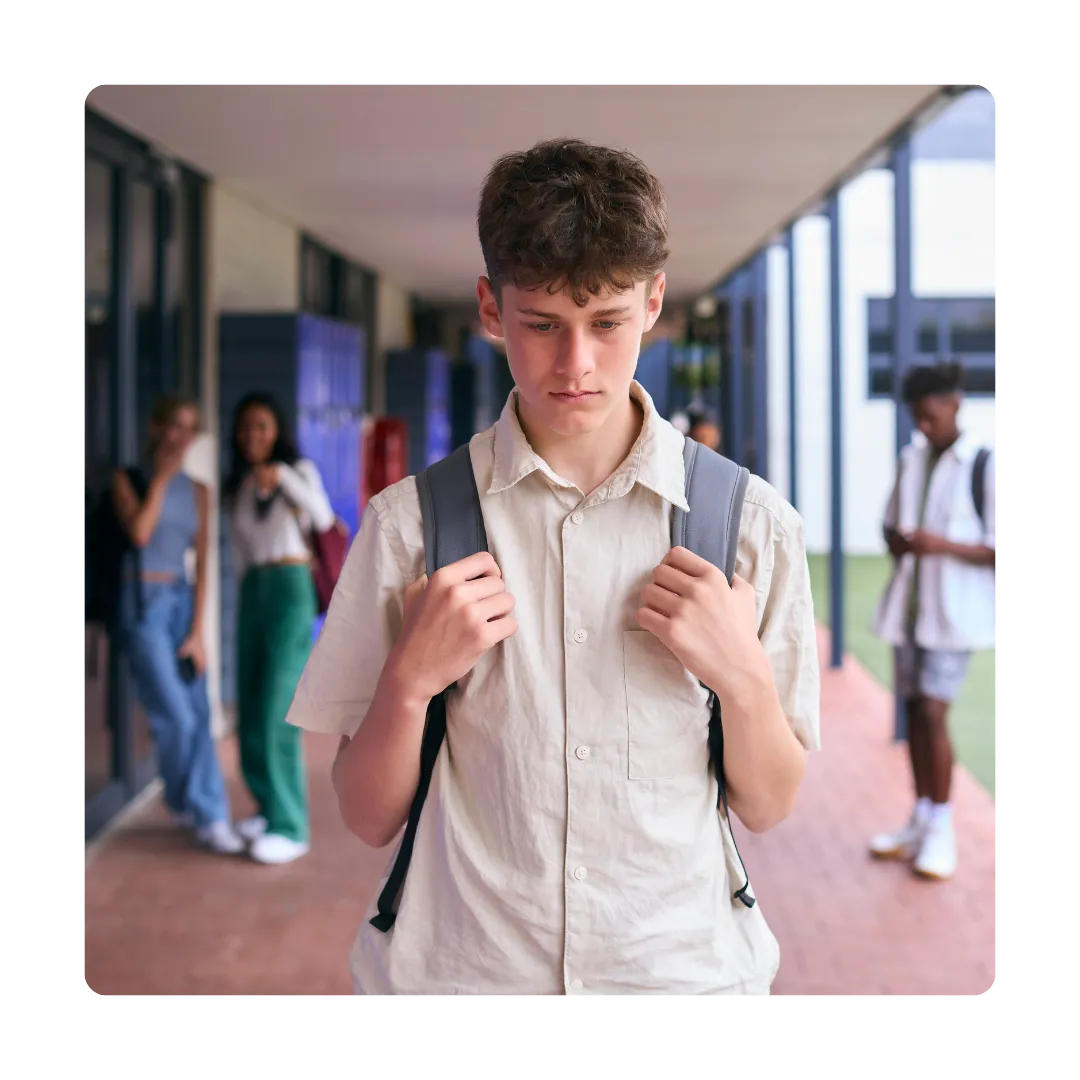
Why Friendship Bullying Is So Hard to Spot
Unlike the loud, obvious bullying we often imagine, bullying inside friendships hides behind smiles.
It sounds like jokes.
It looks like being included… with strings attached.
And because there are "good moments" mixed in with the bad, your child may cling to the hope that everything’s fine—even when deep down, they’re hurting.
That’s what makes it so dangerous.
When cruelty is disguised as connection, your child learns:
That love feels confusing.
That safety is unpredictable.
That maybe it’s their fault when friendships hurt.
But here’s the truth:
Kindness sprinkled between cruelty is still cruelty.
And your child deserves friendships that feel safe—not like survival.
Ready to Go Deeper?
✨Here's a free checklist to help you spot the
Behavioural Red Flags of Being Bullied by Friends
—even when your child hasn’t found the words yet.
Inside, you’ll learn:
10 subtle but serious signs to watch for.
How to open the conversation without pressuring your child.
The next steps you can take (even if the school isn’t helping yet).
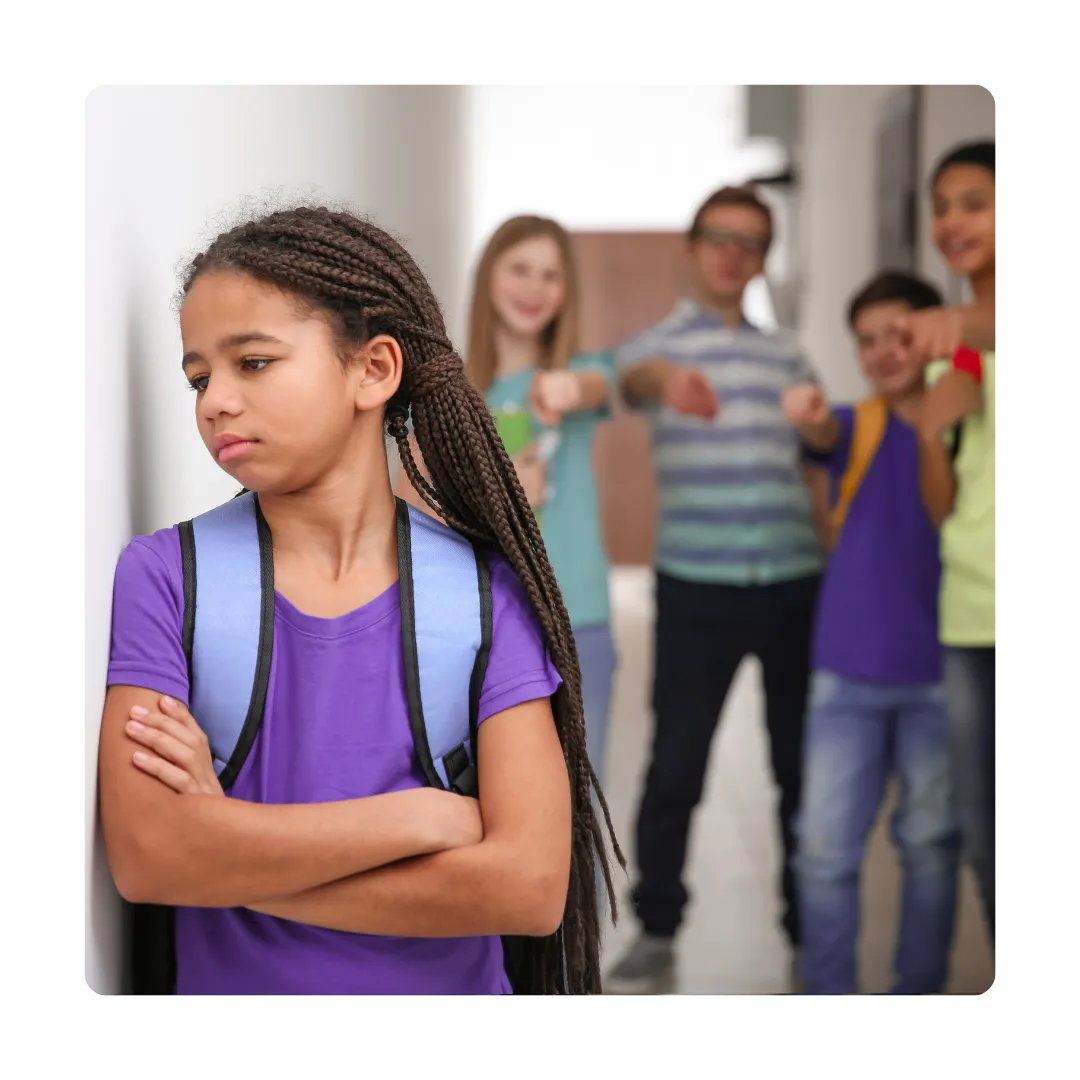
7 Red Flags That Your Child’s Friends Are Crossing the Line
If you're seeing any of these signs, it’s time to dig deeper:
1. The “It’s Just a Joke” Excuse
Your child comes home upset—and when you ask what happened, they brush it off with,
💬 "They were just joking."
Translation:
They're being conditioned to accept harm as humor.
2. Shifting Moods After Playdates
They seem withdrawn, angry, or anxious after spending time with certain friends.
Notice:
If their energy drops after time with the group, it’s a signal something isn’t right.
3. Walking on Eggshells
Your child seems nervous about saying the wrong thing. They overthink texts. They hesitate before reaching out.
Friendship should feel safe—not like a tightrope.
4. Being Left Out... Strategically
It's not open exclusion. It's being left out
just enough
to feel unwanted, but not enough for adults to notice easily.
Social bullying often hides in "small" slights.
5. Apologies Without Change
If the friends say sorry—but the hurt keeps happening—this isn’t conflict.
It’s a control cycle.
6. Your Child Blames Themselves
They say things like:
💬 "Maybe I’m being too sensitive."
💬 "Maybe I just need to try harder."
When kids internalise blame, they stop trusting their instincts.
7. You Feel It in Your Gut
Even if your child minimizes it—even if the school brushes it off—your intuition is trying to protect them.
Trust it.
"You might be witnessing the quiet cycle of
being bullied by friends"
Why Telling Them to “Find Nicer Friends” Isn’t Enough
You might think:
💬 "If they’re being treated badly, they’ll just leave."
But here’s the heartbreak:
Kids stay loyal to toxic friends
for three big reasons:
Fear of being alone: Even bad connection feels safer than no connection.
Hope for change: They believe if they just hang on, the group will get better.
Self-blame: They internalise the hurt as something they caused.
✨ That’s why telling them to "just walk away" doesn’t work.
They need more than encouragement.
They need tools:
To spot manipulation early.
To break their freeze/fawn response.
To believe they are worthy of better—without needing external permission.

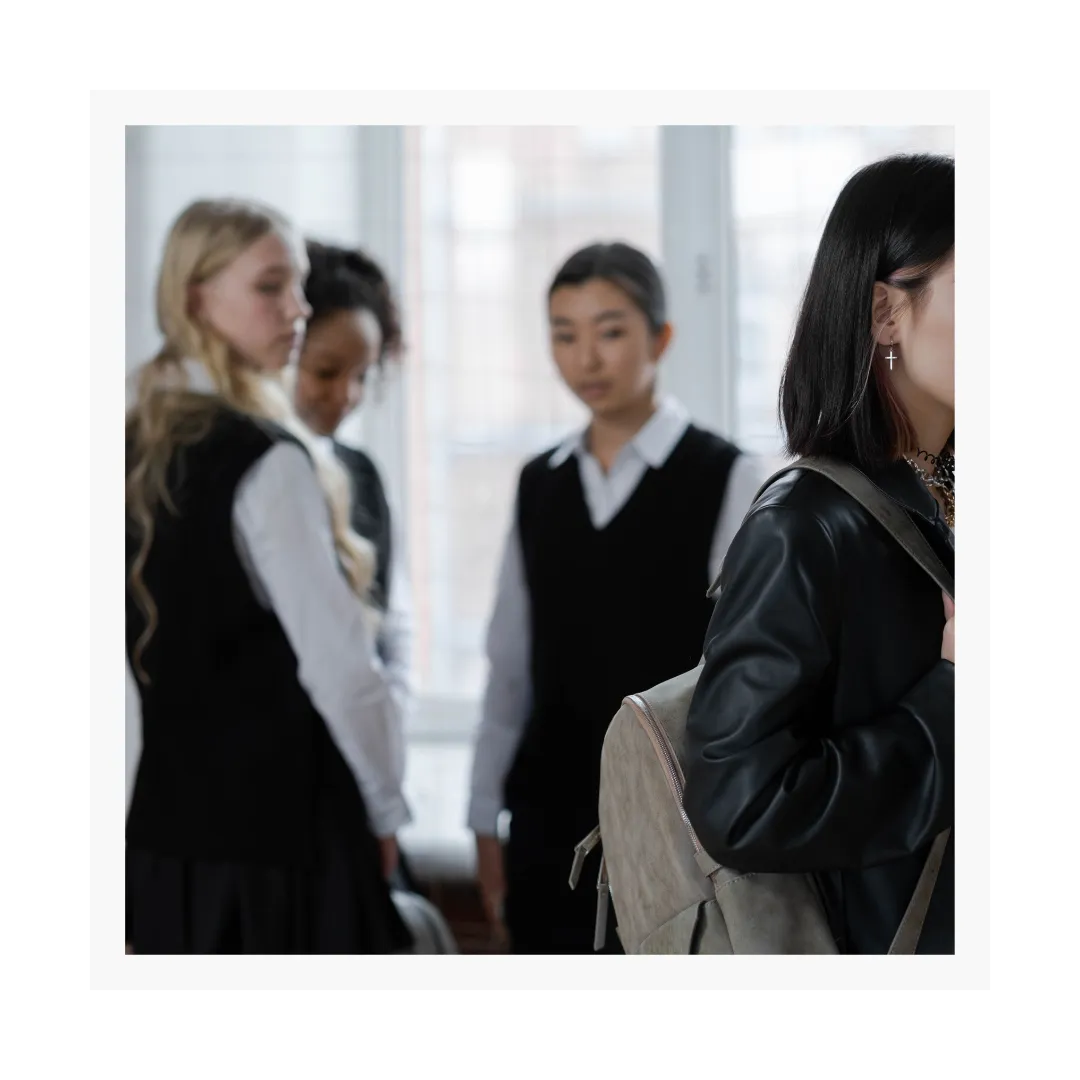
What You Can Do Today: Support Without Blame
If you recognise these patterns, here’s how to start helping your child immediately:
✅ Validate their feelings.
Even if they say it’s “no big deal”—trust what’s unspoken.
✅ Teach them to notice how they feel.
Ask: “How does your body feel when you’re around them?”
Our bodies know the truth before our brains catch up.
✅ Model healthy friendships.
Talk about what real friendship looks like—mutual respect, joy, trust—not confusion and competition.
✅ Equip them with a plan.
They don’t need to confront the group in a big scene.
Sometimes the first act of self-protection is quietly stepping back.
Ready to Go Deeper?
✨Here's a free checklist to help you spot the
Behavioural Red Flags of Being Bullied by Friends
—even when your child hasn’t found the words yet.
Inside, you’ll learn:
10 subtle but serious signs to watch for.
How to open the conversation without pressuring your child.
The next steps you can take (even if the school isn’t helping yet).

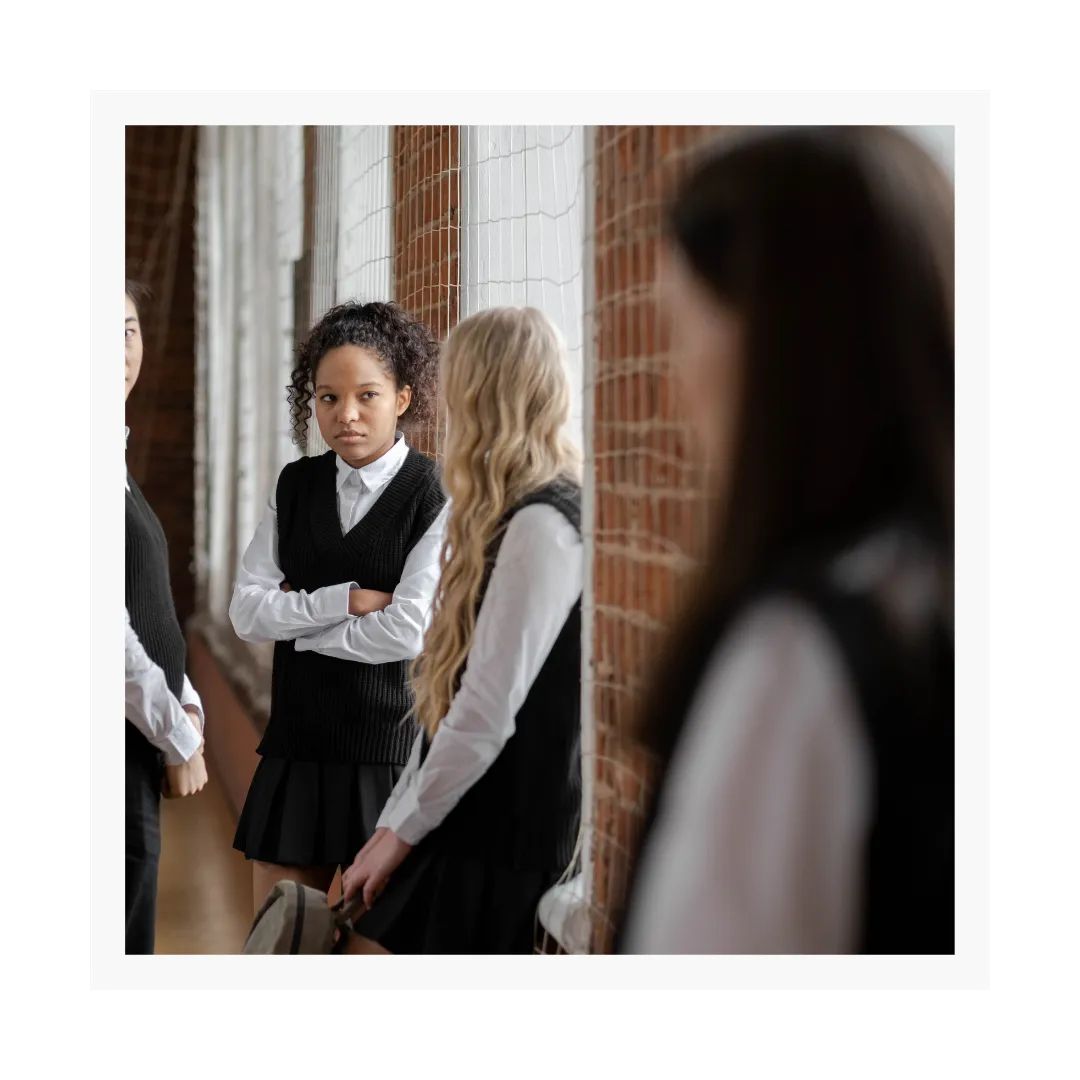
And If You’re Ready for the Full Plan...
✅ Fight Back Against Toxic Friends & Bullies
gives your child the scripts, the freeze-breaking tools, and the confidence to walk away from connection that hurts.
✅ The Bullying Support Toolkit gives you the strategy to document the harm, advocate with the school, and demand real action.
✅ Bully Proof Academy™ ties it all together—so no piece of your child’s healing is missing.
Because your child deserves friendships that feel like safety—not survival.
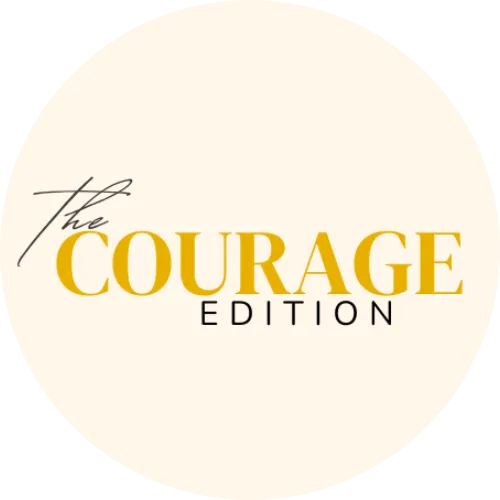
©The Courage Edition. All Rights Reserved.




